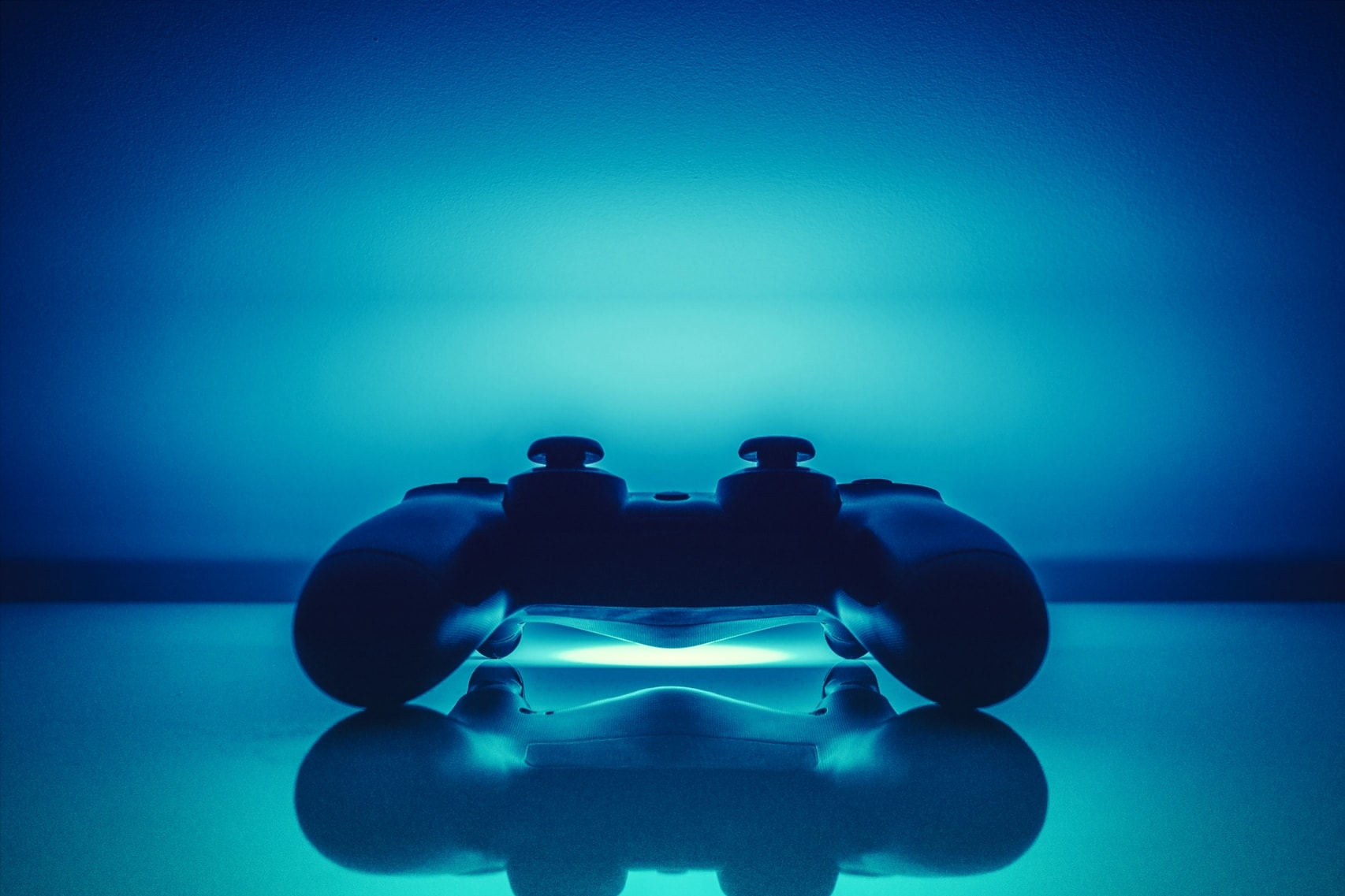The first blockchain-based gaming marketplace, DMarket, has recently announced the launch of its product version 2.0 Beta. New features, including Steam integration, have been added to the platform that has been functioning since October 2017.
Why is this news important? Not only do they show the project is on the go, but also confirm once again that blockchain technology has a power to create new economies virtually from scratch.
In-game digital item trading is not DMarket’s invention. We have already mentioned Steam, and that’s what everything started from. Steam Community Market is the most common place to go and buy or sell cosmetic items, usually called skins, from games like Team Fortress 2 or Counter-Strike: Global Offensive. But the Market has its limitations, like the maximum listing price for an item as well as high fees. To avoid that, many gamers opt to trade Steam skins on third-party platforms. Altogether, total in-game assets turnover is estimated to be nothing less than $10 billion, with the most precious skins valued at thousands of dollars.
Sounds impressive? Well, DMarket estimates it to be not even a tenth of the potential market cap. In-game item trade is still limited to a few games which cover roughly 6% of the global gaming audience. More than 2 billion gamers are left beyond the market for that reason. Furthermore, those who do have an access to the trading should think twice before buying or selling an item, as the market is totally insecure. Account hijacking is a common occurrence even on Steam, while the level of fraud on some other platforms tends to 100%.
The market definitely needs a breakthrough to fulfill its potential, and DMarket believes blockchain is actually the breakthrough. The distributed ledger offers three directions to take the virtual asset trading to a whole new level: integrity, security, and provenance.
Integrity
Games with tradable assets are currently disconnected from each other, and there is no established way to buy, sell, and exchange the assets across different virtual universes. DMarket solves the issue by connecting different games to a global database on blockchain. The marketplace has already reached an agreement with Unity, the world’s most popular game development platform, and is working on a custom software development kit to make the integration of thousands of Unity games seamless and fast. DMarket has also established partnerships with notable game studios ready to connect their titles to the global marketplace.
That’s how a new gaming economy will emerge.
Security
The irreversible nature of blockchain means no one can falsify DMarket’s transaction data. Reducing fraud risks to zero, the marketplace will encourage more and more gamers to catch up and monetize their gaming time by trading earned items.
That’s how the new gaming economy will be secured.
Provenance
Blockchain makes it possible not only to unmistakably determine the current owner of an asset, but also to track the entire asset transaction chain. Provenance means every asset has its story. For instance, DMarket’s blockchain will show which assault rifle from a shooter game is a regular one, and which one was used in the semifinal of a major e-sports tournament and thus is unique and collectible.
That’s how the new gaming economy will get additional value. And, all in all, that’s why the in-game items market is likely to present a perfect example of a new global economy empowered by blockchain.

